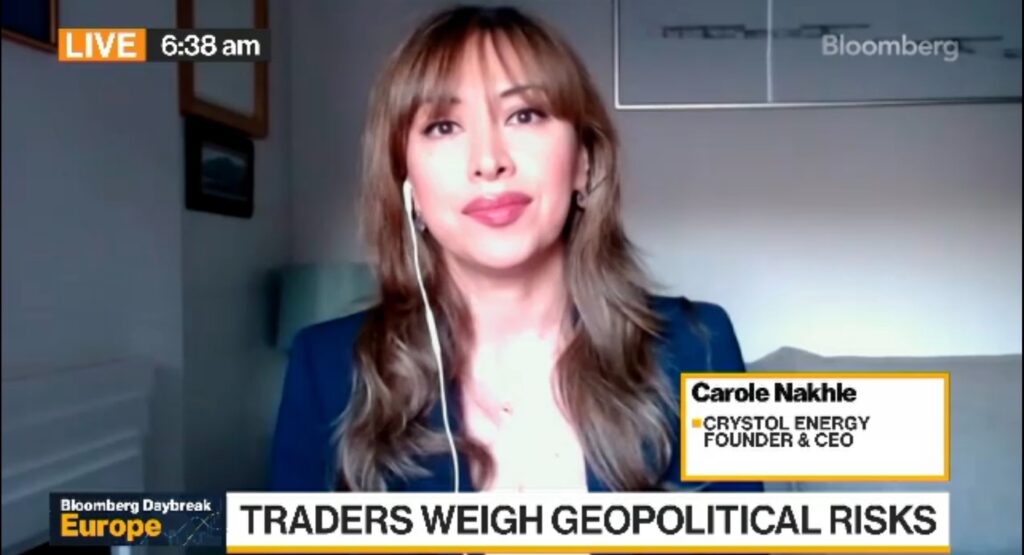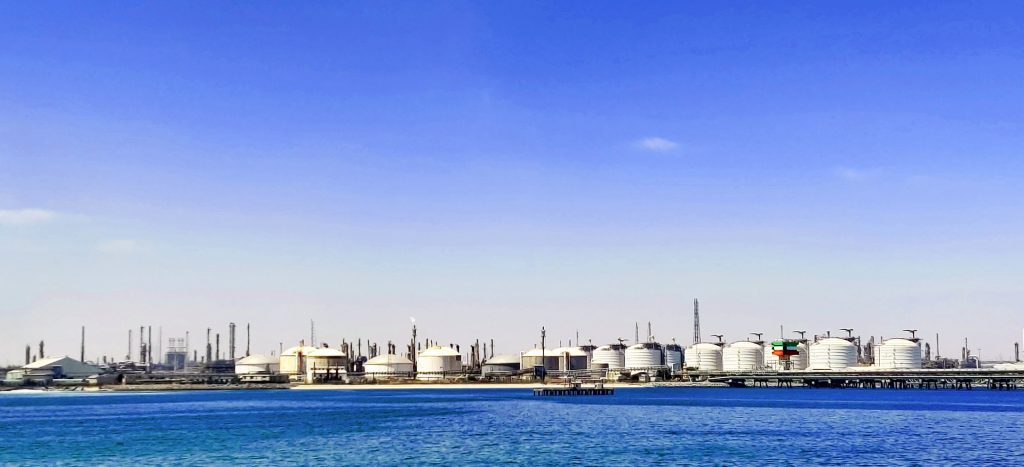
Key takeaways:
– Oil prices have reached their lowest level in three years, down by almost $15 per barrel compared to the same period last year, due to many factors.
– Political and geopolitical dynamics, particularly in the US, remain the primary drivers, with significant spillovers affecting market fundamentals—particularly demand, and to a lesser extent, supply.
– On the demand side, the main disrupters are the tariffs imposed by US President, Donald Trump, on its biggest trade partners. While a one-off move might have been manageable, the broader concern lies in the retaliatory measures that followed and the increasing risk of trade wars with adverse implications for global economic growth.
– Although lower oil prices can, in theory, stimulate demand, the negative income effects stemming from trade tensions may outweigh this impact. The greater concern is the lack of clarity on a resolution, prolonging uncertainty and dampening the outlook for global consumption.
– As the world’s largest oil producer and consumer, the US faces a policy dilemma under the Trump administration: balancing the interests of domestic oil industry players—who require supportive prices—with those of consumers, who seek low energy prices.
– In the context of oil markets, a ceasefire in Ukraine would offer a short-term relief from geopolitical tensions, but a comprehensive peace agreement would have a more profound and lasting impact.
– Even if such a deal leads to the lifting of sanctions on Russia, a market glut remains unlikely, as Russian oil was never entirely removed but rather rerouted through alternative trade flows. Nonetheless, the resolution of the conflict would likely diminish the geopolitical risk premium currently embedded in oil prices and support global oil trade.
– It would be simplistic to assume a U-turn in energy investment—abandoning renewables in favor of a return to fossil fuel dominance. The energy transition is well underway, and the momentum behind it suggests the train has already left the station.
Related Analysis
“Oil markets: Relative stability amid geopolitical strife“, Dr Carole Nakhle, Feb 2024
Related Comments
“Oil market outlook: 2025 risks“, Dr Carole Nakhle, Dec 2024
“Energy Markets in 2025: Challenges and Opportunities Amid Global Changes“, Dr Carole Nakhle, Dec 2024








